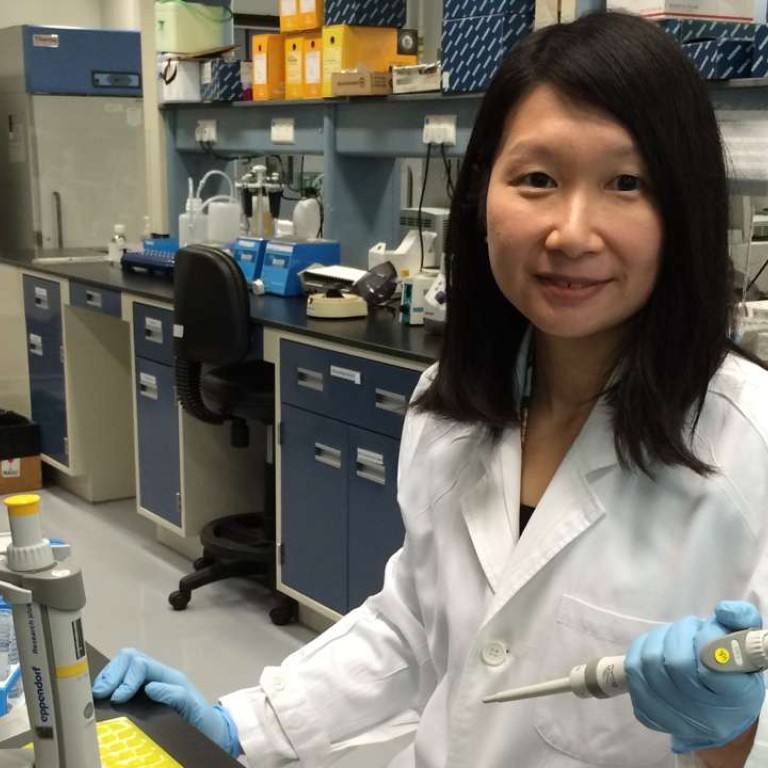
Hong Kong university researcher recognised for cancer breakthrough
Professor Rossa Chiu developed a blood test that can locate cancer in its early stages, giving patients a better chance of survival
A Chinese University researcher, who developed a blood test that can detect and locate specific types of cancer, has been awarded for her work.
Rossa Chiu Wai-kwun, a professor in chemical pathology, has received the Croucher Senior Medical Research Fellowship to recognise her unceasing effort in early cancer detection.
Diagnosis of a specific type of cancer has been challenging, as it required different tests for different cancers, such as a mammogram for breast cancer and a specific blood test for prostate cancer.
“There aren’t many effective tests and it is hard to achieve early cancer diagnosis,” said Chiu.
Based on a blood testing method which could identify abnormal DNA released by cancer tumours,
Chiu and her research team used another approach, named plasma DNA tissue mapping, to locate which organs the abnormal DNA are coming from in three to five days’ time.
“It is like conducting computerised tomography scan in plasma,” said Chiu.
The test, which could spot a liver cancer tumour as small as 2 centimetres, allows earlier detection of the disease.
“In an ongoing research with nasopharyngeal cancer test, we could even detect cancer with tumour sized at 1 millimetre,” said Chiu.
So far abnormal DNA released from liver, bone marrow and placenta could be accurately identified by the new method. The team is now working towards tests for colorectal and nasopharyngeal cancer.
Chiu believed the price of the test, around HK$10,000 at present, could be lowered further with technological development.
“There might be products targeting specific types of cancer released several years later,” she said.
Development of the test has opened a door to Chiu to further her research. With a HK$1 million award given by the Croucher Foundation, Chiu could be exempt from six months of teaching duties and focus on full-time research.
“How many more treasures [are there] we haven’t dug out from plasma? I want to make full use of plasma to carry out diagnosis,” she said.
Chiu and her team, which also invented a non-invasive prenatal blood analysis for Down syndrome that is used worldwide now, have been working around the clock in developing blood test for diagnosis.
“It is always a rush for us as many overseas institutions are doing similar research too. We felt relieved only when we got to publish the article earlier than the others,” Chiu said.

